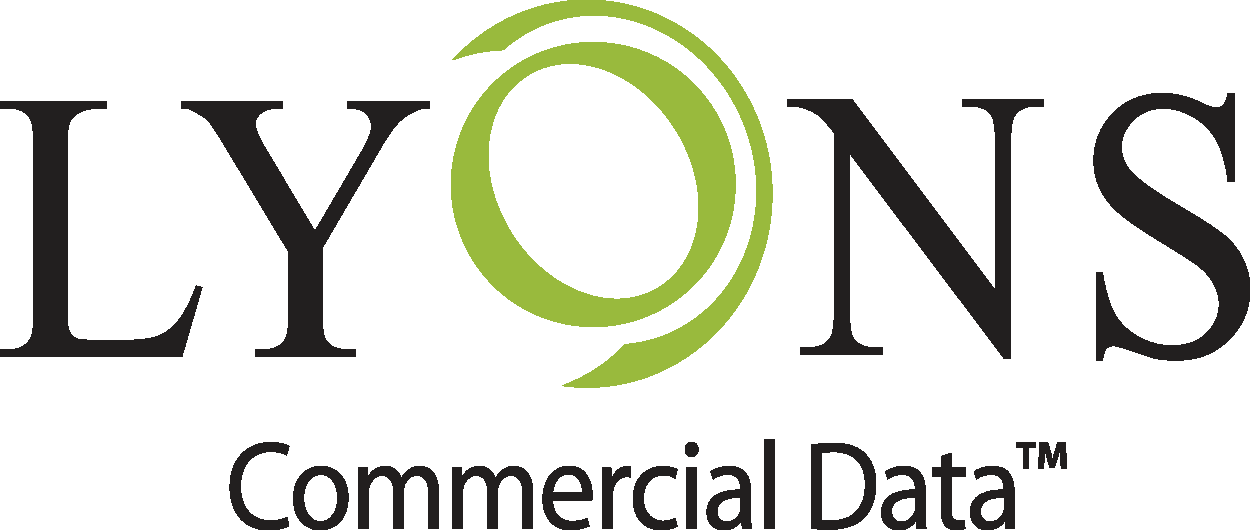 The newest iteration of FinTech, regulatory technology, or RegTech, is a series of services designed to help financial institutions navigate the increasingly murky waters of regulation. After the 2008 crash, regulators focused on banks and other financial institutions, tightening restrictions on many aspects of banking and lending. With the rules constantly changing, financial institutions need ways to rapidly adjust to new regulations and minimize risk when facing numerous market disruptions. Enter RegTech, a suite of technologies designed to provide the needed agility and risk mitigation.
The newest iteration of FinTech, regulatory technology, or RegTech, is a series of services designed to help financial institutions navigate the increasingly murky waters of regulation. After the 2008 crash, regulators focused on banks and other financial institutions, tightening restrictions on many aspects of banking and lending. With the rules constantly changing, financial institutions need ways to rapidly adjust to new regulations and minimize risk when facing numerous market disruptions. Enter RegTech, a suite of technologies designed to provide the needed agility and risk mitigation.
What Is RegTech?
RegTech is a subset of the FinTech industry that focuses on solving issues created by new rules and regulations. Some technology tracks consumer data and offers flexible management to comply with new rules regarding data storage and access. Others track internal behaviors to minimize the risks of inappropriate behavior. Still others use complex algorithms to track prices and make recommendations for stock management.
Lean, Agile and Ready for Anything
The goal of RegTech companies is to provide financial institutions with the technology to instantly adapt to changes. Increased reporting requirements would involve hefty reprogramming using legacy systems, but RegTech offers lean systems that are configurable. When data needs change, these systems change right along with it. RegTech comes in several basic formats, including:
- Regulatory Reporting
- Risk Management
- Identity Management and Control
- Compliance
- Transaction Monitoring
Each of these areas have distinct needs and companies working to create the RegTech needed to support them.
Regulatory Reporting
Report generation can be time-consuming, particularly in a world where the need for reports is increasingly real-time. When a bank needs a fraud prevention report now, waiting two days while the data is compiled across departments is clunky and can have unexpected costs.
Risk Management
The finance industry is all about managing risks. For stock markets, price movement monitoring is critical, while insurance companies need to balance low- and high-risk policies. The right RegTech can provide instant access to data that is industry-specific while still utilizing global numbers.
Identity Management and Control
Fraud at the user end and behind the administrative desk is an increasing issue. Hacking events are on the rise, and financial institutions present very rich targets. RegTech in this category can help verify customer data, track behaviors and ensure everyone involved in a transaction is the person they purport to be. This can help minimize the number of bad loans issued or ensure appropriate pricing for high-risk transactions. It can also help reduce instances of identity theft.
Compliance
From document management solutions to audit and control functions, compliance services help financial institutions stay on the right side of new regulations. This goes beyond the simple need to generate increasingly complex reports and moves toward governance and management challenges.
Transaction Monitoring
Following the money is an important part of any financial institution, and services range from those that notice unusual activity to new technologies that focus on blockchain-based transactions like cryptocurrency ledgers. Being able to audit transactions and identify problems is important for both internal processes and regulatory requirements.
Without the existence of RegTech options, banks would be forced to continue handling these challenges manually. Not only is that not practical in a situation where data flow is expected to be nearly instantaneous, it’s expensive. When technology can streamline operations and improve response time to any changing market conditions, not just regulatory change, it creates opportunity.
